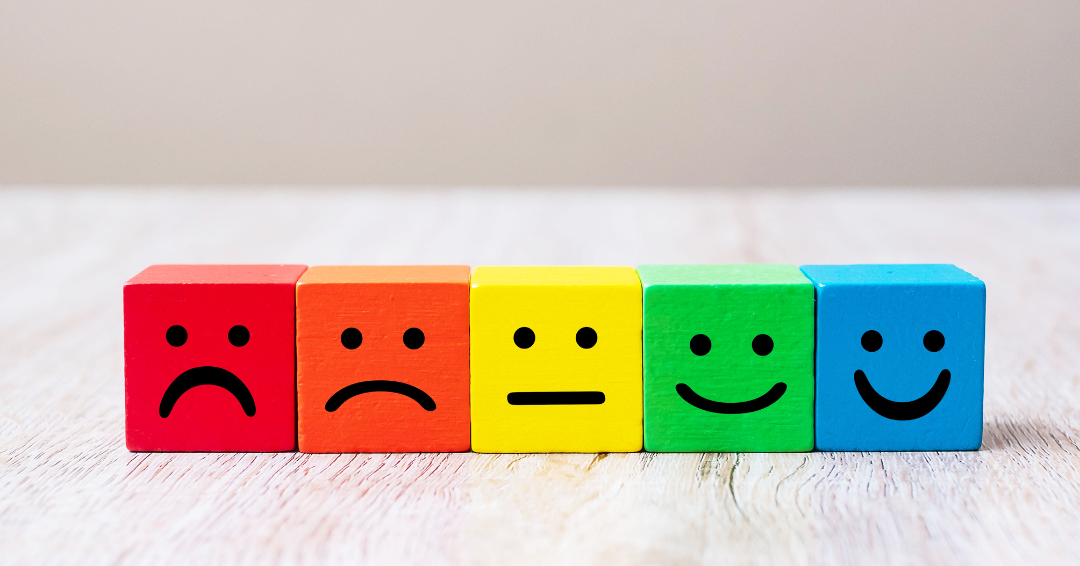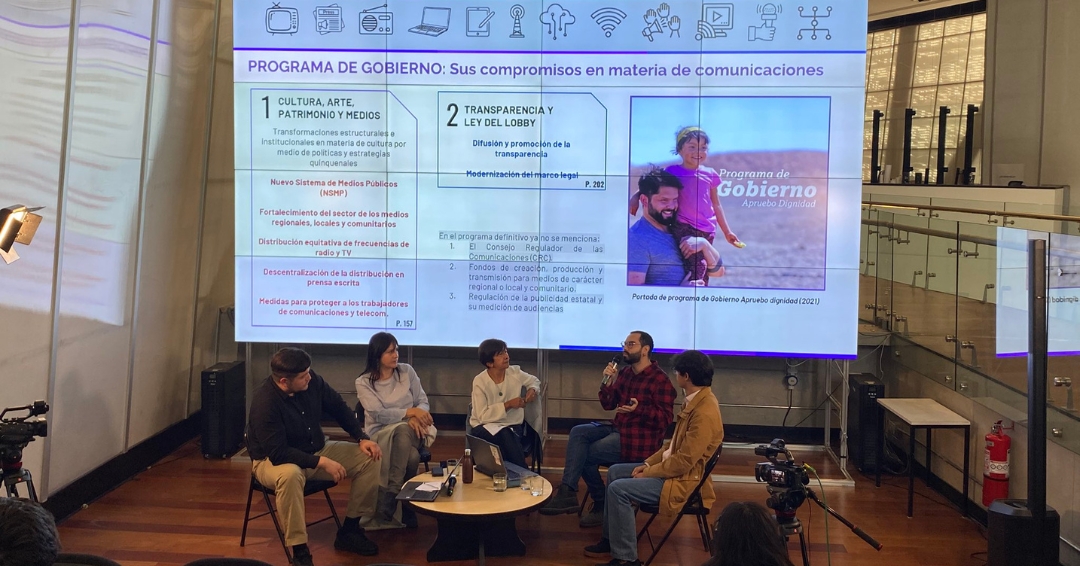In recent years, global indexes or rankings have gained popularity that , like thermometers, rate or score the situation of democracy and civil liberties in countries based on a series of indicators or questions that vary according to the entity developing the instrument.
Since the end of the dictatorship, Chile has been standing out with very positive results in the main rankings on liberties associated with media, the Internet and freedom of expression.
The results of the Chapultepec Index of Freedom of Expression in the Americas and the Freedom House report on Internet freedom were recently published, where Chile’s situation is assessed very positively by identifying a very small number of incidents.
Although the situation of Chile is not comparable to the problems identified in other countries in the region, the quality of data, the shortage of national sources or the undervaluing of existing problems in the country might be contributing to a mirage that prevents seeing problems in Chile.
In the Chapultepec Index, developed by the Inter-American Press Association (SIP) since 2020. Chile obtained first place in the index after four years with a score of 79.65, improving its score regarding 2022 and 2023, and positioning itself as leader in the group of eight countries with “low restriction” on freedom of expression.
The analysis for Chile, which considers the period between August 2nd, 2023 and August 1st, 2024, shows progress in the areas of freedom of expression and press.
The indicator of violence against journalists is where it has the lowest score: 13.28 out of a total of 20. It has the best score in judicial environment, as “no events or decisions affecting the operation of the media, of journalists or the citizens’ freedom of expression have been recorded”.
However, there is no reference in the report to various incidents that have been documented by national organizations such as the Observatory of the Right to Communication; the case of libel convictions for news reports or the judicial refusal to disclose the president’s meeting agenda.
Last October, Freedom House launched its most recent report Freedom on the Net 2024: The Struggle for Trust Online, which reviews the current situation of Internet freedom and its main issues in 72 countries around the world. Freedom House evaluated Chile for the first time, which obtained a score of 86 over 100, rating it as “free” with the third best score among the analyzed countries, only behind Iceland and Estonia, tied with Canada, and with a better assessment than countries like the Netherlands, Taiwan, Japan, the United Kingdom and Germany.
In the analysis for Chile, which considered the period between June 1st, 2023 and May 31st, 2024. The indicator with the worst score is the section on user rights violations, which is still 30 out of 40 points despite the various problems documented in Chile. In the section on obstacles to access, it obtained 24 out of 25 points, and for restrictions on content, 32 out of 35 points.
The assessment regarding regulatory bodies is particularly striking, where the maximum score (4/4) was given even though “Chile’s Internet regulator is administratively dependent on the government” and, therefore, lacks independence guarantees.
The score in other sections is also striking, for instance, the one addressing the right to privacy with respect to companies, considering that Chile has still not enacted the personal data protection law, so there is no supervision authority.
These examples of deficiencies in the identification of issues by these two rankings may be due to different factors, though one of them is the quality of sources.
Compared to other countries in the region, few reports that collect information or cases relative to freedom of expression issues are produced in Chile. This lack of records causes key informants or people interviewed for these rankings to have partial knowledge or base their observations on a more subjective perception.
By Javier García, December 2024.


